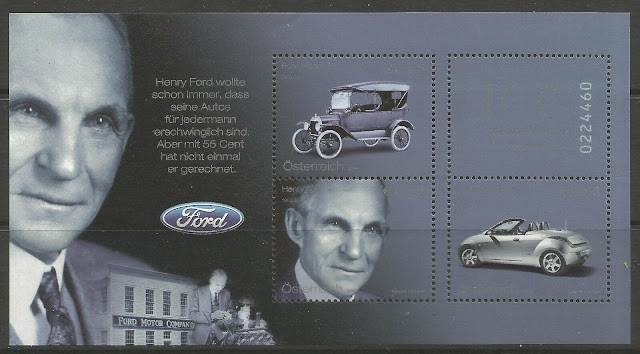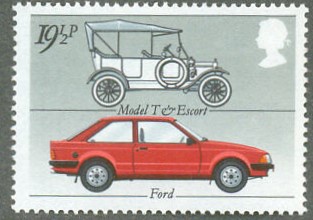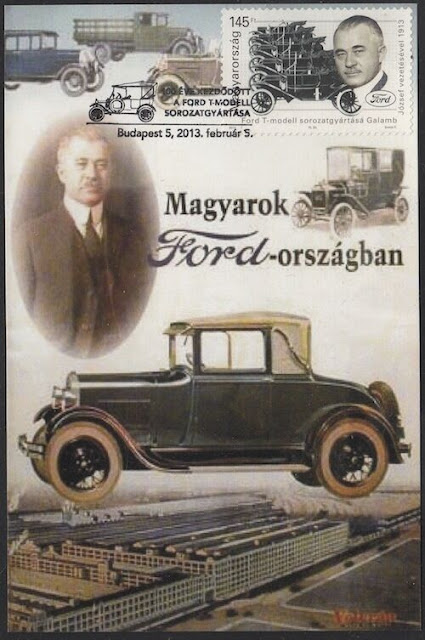1348 – Charles University is founded in Prague.
Charles University, known also as Charles University in Prague (Czech: Univerzita Karlova; Latin: Universitas Carolina; German: Karls-Universität) or historically as the University of Prague (Latin: Universitas Pragensis), is the oldest and largest university in the Czech Republic. Founded in 1348, it was the first university in Central Europe. It is one of the oldest universities in Europe in continuous operation. Today, the university consists of 17 faculties located in Prague, Hradec Králové and Pilsen. Its academic publishing house is Karolinum Press. The university also operates several museums and two botanical gardens.
Its seal shows its protector Emperor Charles IV, with his coats of arms as King of the Romans and King of Bohemia, kneeling in front of Saint Wenceslas, the patron saint of Bohemia. It is surrounded by the inscription, Sigillum Universitatis Scolarium Studii Pragensis (English: Seal of the Prague academia).
1614 Died: El Greco, Greek-Spanish painter and sculptor (b. 1541)
Doménikos Theotokópoulos (Greek: Δομήνικος Θεοτοκόπουλος ; 1 October 1541 – 7 April 1614), most widely known as El Greco ("The Greek"), was a Greek painter, sculptor and architect of the Spanish Renaissance. "El Greco" was a nickname, a reference to his Greek origin, and the artist normally signed his paintings with his full birth name in Greek letters, Δομήνικος Θεοτοκόπουλος, Doménikos Theotokópoulos, often adding the word Κρής Krēs, Cretan.
El Greco was born in the Kingdom of Candia (modern Crete), which was at that time part of the Republic of Venice, and the center of Post-Byzantine art. He trained and became a master within that tradition before traveling at age 26 to Venice, as other Greek artists had done. In 1570, he moved to Rome, where he opened a workshop and executed a series of works. During his stay in Italy, El Greco enriched his style with elements of Mannerism and of the Venetian Renaissance taken from a number of great artists of the time, notably Tintoretto. In 1577, he moved to Toledo, Spain, where he lived and worked until his death. In Toledo, El Greco received several major commissions and produced his best-known paintings.
El Greco's dramatic and expressionistic style was met with puzzlement by his contemporaries but found appreciation in the 20th century. El Greco is regarded as a precursor of both Expressionism and Cubism, while his personality and works were a source of inspiration for poets and writers such as Rainer Maria Rilke and Nikos Kazantzakis. El Greco has been characterized by modern scholars as an artist so individual that he belongs to no conventional school. He is best known for tortuously elongated figures and often fantastic or phantasmagorical pigmentation, marrying Byzantine traditions with those of Western painting.
Stamps from Greece, Czechoslovakia and Spain depicting El Greco's works
1947 Died: Henry Ford, American engineer and businessman, founded the Ford Motor Company (b. 1863)
Henry Ford (July 30, 1863 – April 7, 1947) was an American industrialist and a business magnate, the founder of the Ford Motor Company, and the sponsor of the development of the assembly line technique of mass production.
Although Ford did not invent the automobile or the assembly line, he developed and manufactured the first automobile that many middle-class Americans could afford. In doing so, Ford converted the automobile from an expensive curiosity into a practical conveyance that would profoundly impact the landscape of the 20th century. His introduction of the Model T automobile revolutionized transportation and American industry. As the owner of the Ford Motor Company, he became one of the richest and best-known people in the world. He is credited with "Fordism": mass production of inexpensive goods coupled with high wages for workers. Ford had a global vision, with consumerism as the key to peace. His intense commitment to systematically lowering costs resulted in many technical and business innovations, including a franchise system that put dealerships throughout most of North America and in major cities on six continents. Ford left most of his vast wealth to the Ford Foundation and arranged for his family to control the company permanently.
Ford was also widely known for his pacifism during the first years of World War I, and for promoting antisemitic content, including The Protocols of the Elders of Zion, through his newspaper The Dearborn Independent and the book The International Jew, having an influence on the development of Nazism and Adolf Hitler.
Some stamps depicting Ford and or his automobile








No comments:
Post a Comment